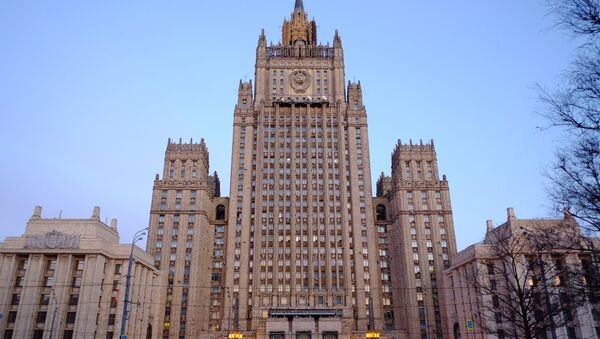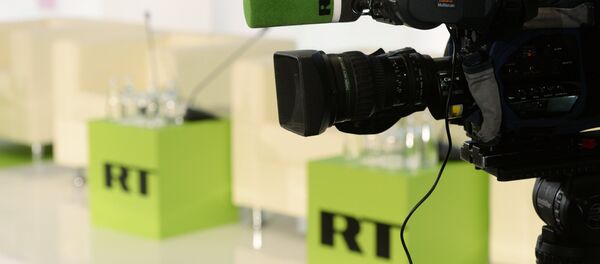"Certainly, this is a violation of the human rights, but what is important is that the decision is based on ambiguous arithmetic. Over a half of the members of the EU Parliament did not support the resolution. This indicated that such policy of ‘indirect sanctions’ with regard to the Russian media sees decreasing support even throughout the European Union and its institutions," Dolgov told RIA Novosti, adding that the authors of the resolution attempted to casts a shadow over the work of the Russian Federal Agency on Commonwealth of Independent States Cooperation (Rossotrudnichestvo).
Dolgov stressed that such decisions damage the EU Parliament's credibility as the "taking actions which undermine the fundamental principles of democracy."
"They do not want to and cannot compete neither in content nor in an objective and impartial presentation of information, therefore, they think that it is necessary to restrict or to prohibit [certain media outlets], thus violating the legal rights of citizens of their own countries to free access to information, violate freedom of expression — those freedoms that they declaratively proclaim," the ombudsman said.
Russian President Vladimir Putin, when commenting on the adoption of the resolution, congratulated RT and Sputnik journalists for effective work and stressed that this resolution indicated apparent degradation of the concept of democracy in the Western society. Putin also expressed hope that common sense would prevail and that there would be no actual restrictions against the Russian media.



